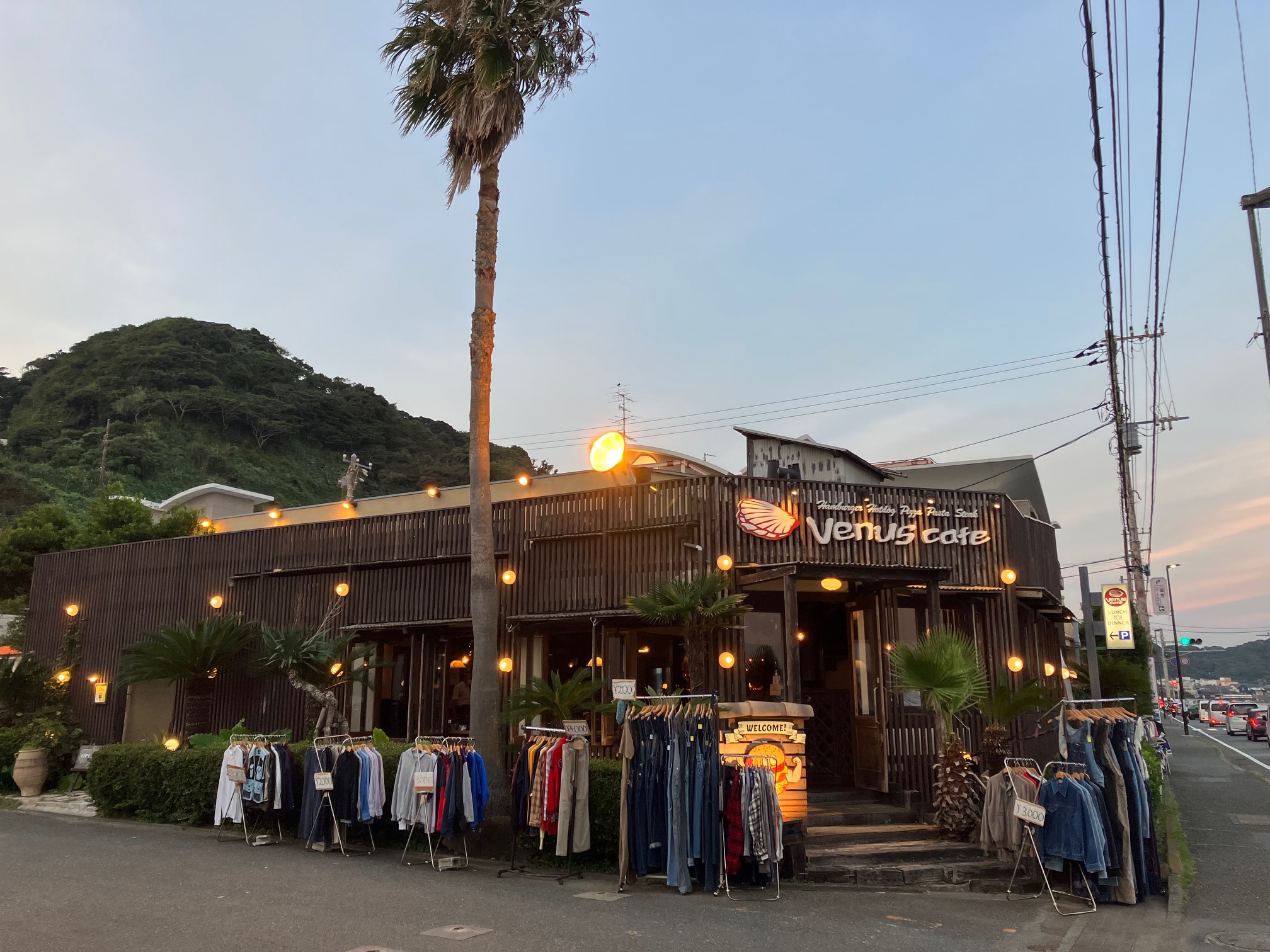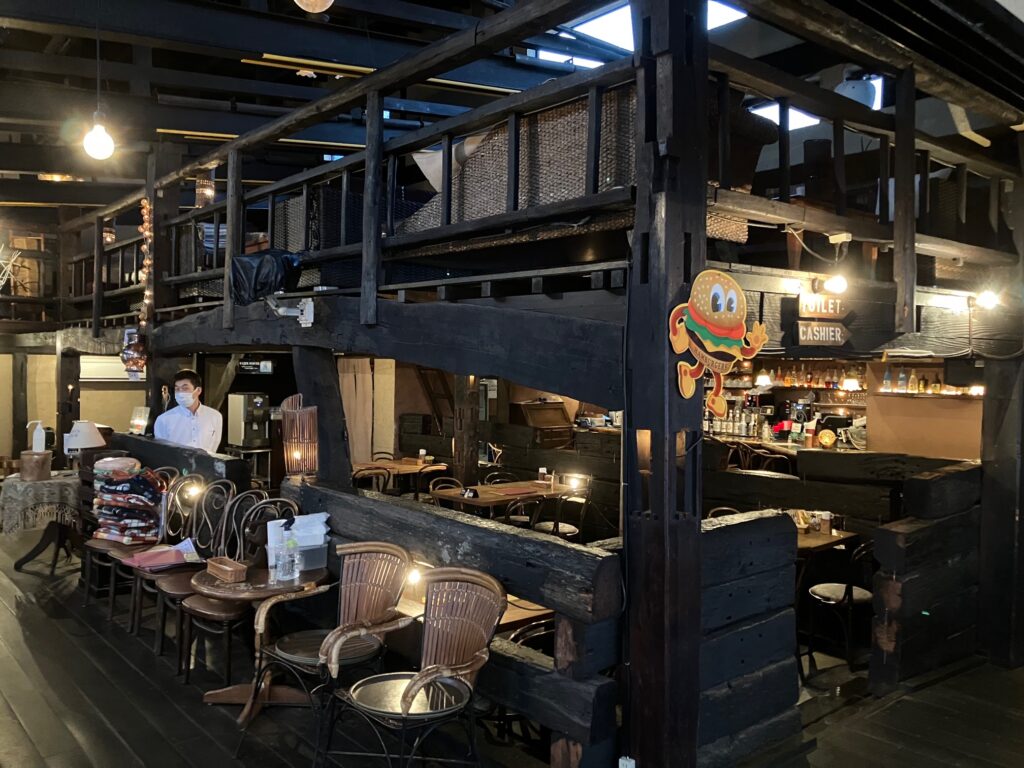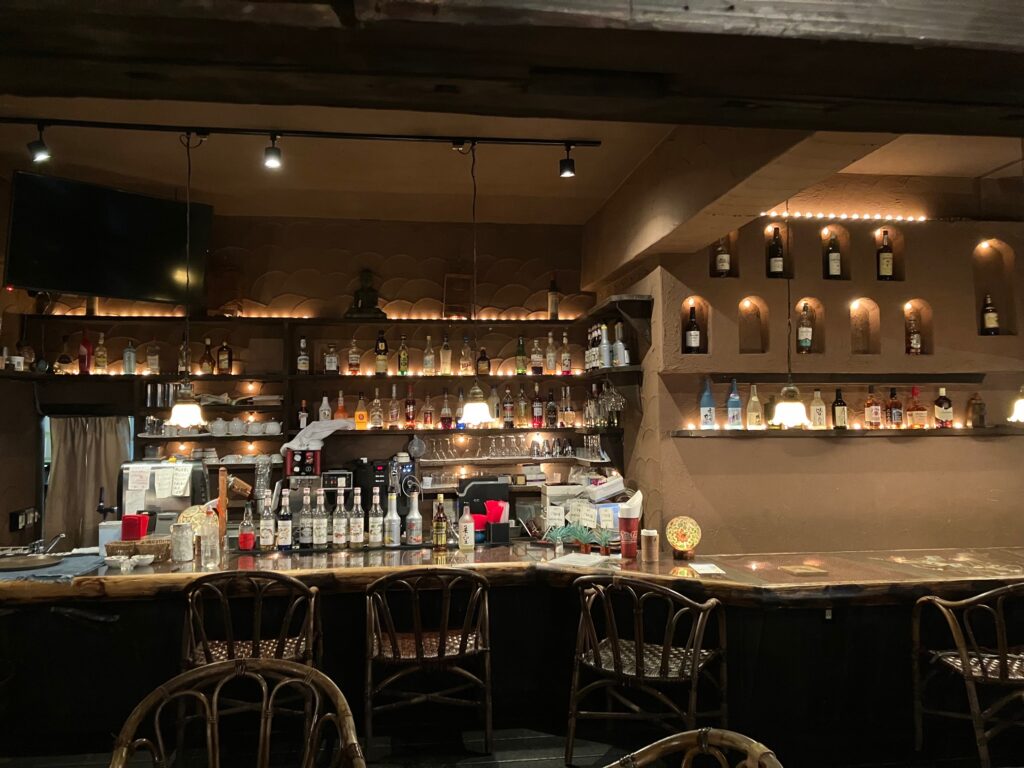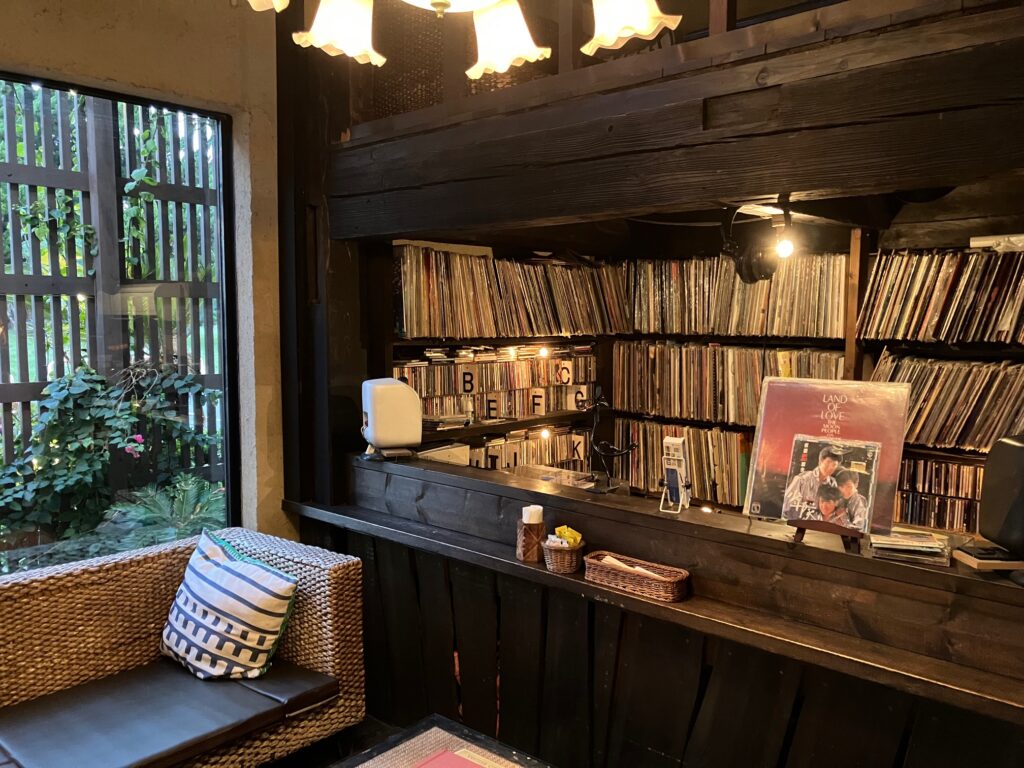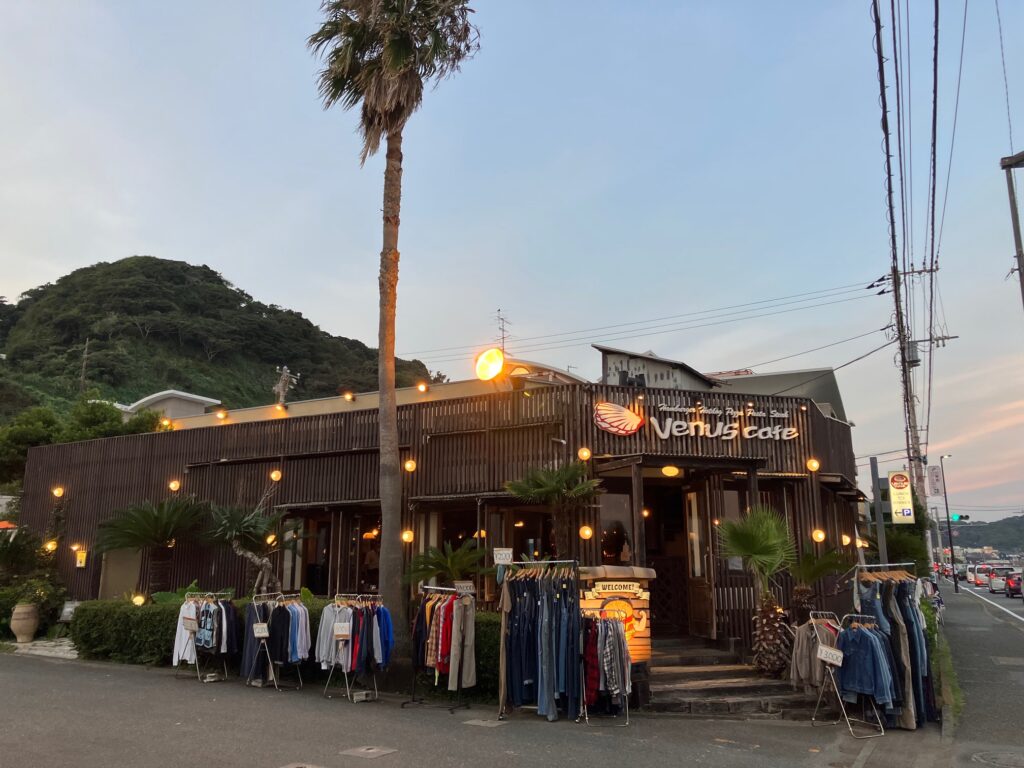Some places just have your heart — those spots where memories bloom or where you find solace.
We all have those special places. But what if one day, they vanished? That’s the harsh reality looming over Venus Cafe unless things change. This beloved institution in Kamakura is slated for demolition, as per the city’s decree. Yet, the owners and a devoted community are rallying to save it. After 68 years of standing tall, they refuse to let it fade away.
An iconic landmark
If you ever happen to be in Kamakura, take National Route 134 toward Enoshima. Along this scenic road, you’ll be immersed in the stunning beauty of the Kamakura coast. Tucked between Sagami Bay and Yuigahama Beach, in an ideal location, you’ll find Venus Café. Here, the scent of freshly made food fills the air, mingling with the invigorating sea breeze from the coastline.
Since its founding in 1955 as a rustic Texas Mexican eatery, Venus Café has been dishing out a mouthwatering blend of hamburgers and tacos. But this is not your average cafe, it’s a cultural hub. From day one, Venus Cafè has been a vibrant center for community events, bringing people together. A favorite spot for TV dramas and movies, this café is more than just a place to grab a bite — it’s a piece of local history.
Venus Café first rose to fame as the setting for the dramatic movie “Inamura Jane” (稲村ジェーン) starring Koizumi Kyoko. It later played host to the drama “Second to Last Love” (最後から二番目の恋) and several live performances by the young Yamashita Yosuke. Most recently, it made headlines again for featuring scenes from the highly anticipated live-action adaptation of the popular manga “G-Men,” set for release next summer.
With its rich history and cultural allure, the café has become a must-visit spot for fans from every corner. As enthusiasts flock on pilgrimage, the cafè’s timeless popularity remains rooted in its delicious offerings, best enjoyed with a breathtaking view of the sea.
A bolt from the blue
Perched within the Kamakura Seaside Park, the café has been a fixture, dutifully paying rent and navigating permit applications to Kamakura City year after year. Then, in March 2023, everything changed: the city declined to renew the operating license for the next year. Worse still, they ordered the café to vacate and demolish by the year’s end. Thus began a legal and public battle between the café and its longtime host, Kamakura.
But why the sudden decision? According to Yoshizawa Jiro, President of Main Shoji, the company managing the café, there were hints of such intentions beforehand.
In 2021, officials requested seismic inspections of the building. Committed to the café’s survival, Yoshizawa personally funded the 2.5 million yen inspection. The results indicated that while the building needed some reinforcement, it was earthquake-resistant. Despite this, the city refused to accept it as valid proof and conducted its own inspection in September 2022.
And there it is, the aftermath of that inspection has brought us to this moment. Despite Venus Café’s own evaluations suggesting otherwise, the city concluded that the building did not meet seismic standards, warranting its demolition. 68 years of history boiled down to one stark verdict: the building deemed unsafe. Yet, the city’s decision came with little explanation. Yoshizawa and the café management were left in the dark, as Kamakura failed to provide any details or further explanations for its abrupt and drastic decision.
“I can’t just let this slide. I need to know the details of the inspection. And even when we offered to cover the cost of repairs, the city turned a deaf ear,” remarked Yoshizawa.
How could two investigations, one by the café and the other by the city, yield conflicting results mere steps away from each other? And why are other structures in the same park, like the Kamakura Park Hotel, getting a pass despite suspicions of illegal construction? Yoshizawa suspects the city is playing favorites, protecting buildings with connections while unfairly targeting others to compensate.
Fighting tooth and nail
When pressed for answers, Kamakura City pointed to the aging infrastructure and high maintenance costs, alongside plans to repurpose the parkland for other public uses. This reasoning is questionable, especially when considering that the café’s upkeep has been funded entirely by its management and loyal patrons. If financial strain were truly an issue, it would have fallen on the cafè’s administration to address. Not the city, not the mayor — neither have contributed a single penny to the café over the years.
Since the decision was made, a legal battle ensued, drawing not only Venus Café’s owner and staff but also a community of citizens and fans who have cherished the establishment for years. With over 10,000 signatures backing the café’s continuation, public support has been robust, fueling Yoshizawa’s fight even further. The mounting opposition finally garnered media attention in December 2022 when Weekly Shincho brought the issue to light.
Today, Venus Café is still holding its ground against the demolition order, refusing to budge and gaining momentum from public support.
The latest we know? Yoshizawa is gearing up to sue Kamakura mayor Takashi Matsuo for defamation. This move follows the mayor’s remarks in an interview with Weekly Shincho, where he painted the café as stuck in the “post-war doldrums.” With this legal maneuver, Yoshizawa adds another punch to his relentless battle to protect the cafè’s reputation, charm, and legacy against Kamakura City’s unjust decree.
Caught in limbo
Shining a light on this case could open the door to negotiations about its future. With nearly seven decades of history, it’s only right to explore all possible avenues. For the community that holds it dear, for its storied past, and for those who have tirelessly sustained it, Venus Café deserves a shot at survival.
President Yoshizawa has a lot to say about this, and here’s part of what he recently shared:
“Venus Cafe has been around for over 70 years. That’s a lifetime in itself. During these decades, we’ve faithfully paid rent to Kamakura City and tirelessly renovated our shop. […] Thanks to our loyal customers and dedicated staff, we have come this far. But does Kamakura City and its Mayor have any empathy? Why resort to eviction without even a conversation? It feels like cowardly harassment, even robbery. Are these really the leaders our city deserves? As a citizen of Kamakura, and as a human being, I hope our future leaders will embody compassion.”
In cases like these, stubbornness feels out of place. The city isn’t just tearing down a café; it’s erasing decades of Kamakura City’s cultural legacy. Their reluctance to even engage in dialogue begs the question: what’s the real motive behind their silence?
“The details will probably be announced through public offerings, but we refrain from providing further answers. While it might seem like we’re hiding something, at this point, we cannot accept interviews,” states the city, addressing doubts and suspicions.
Yet, the circumstances surrounding this case hint at a different story — one that looms over the café’s survival and the futures of its staff and management.
